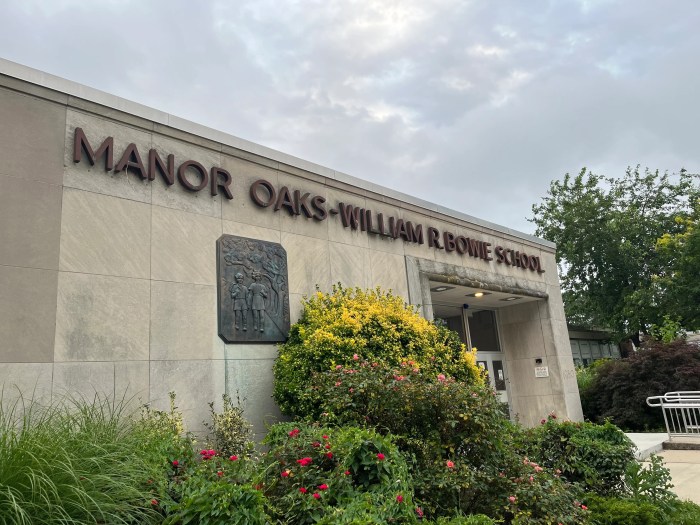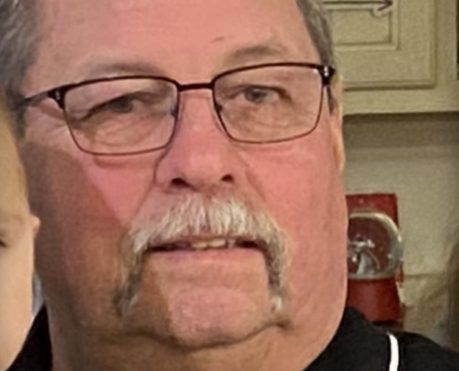This is part one of a two-part series.
In today’s garbage crisis, alternatives to dumping tons of trash into landfills have become crucial, and Covanta has been working to become that alternative by turning garbage into energy.
Covanta Hempstead, located in Westbury, is noticeable with a smokestack that can be seen from the Meadowbrook Parkway. According to its website, waste-to-energy incineration is the sustainable alternative to landfills for waste disposal. With facilities across the United States, Canada and Europe, Covanta’s role in solving the waste disposal crisis is taking municipal solid waste and transforming the remains after recycling into electricity. The resulting ash from this process gets brought to the Brookhaven Landfill in North Bellport, NY. It is estimated that the facility produces 500 to 750 tons of ash a day, according to court documents.
But that ash has come under massive scrutiny in a whistle-blower case that was filed in 2013 and has been disputed in the Nassau Supreme Court since 2017.
Former Covanta Hempstead employee Patrick Fahey, represented by Hoffner PLLC, filed a complaint under the New York False Claims Act (NYFCA) against Covanta Hempstead Company and Covanta Holding Corporation on behalf of the Village of Garden City, Town of Hempstead, Long Island Power Authority (LIPA) and the Town of Brookhaven alleging violations of federal and state environmental laws that were designed to protect residents and workers from being exposed to highly toxic by-products. Fahey filed the complaint on LIPA’s and municipalities’ behalf because contracts were signed by Covanta to sell energy to LIPA and to dispose of waste from the municipalities with the expectation that all environmental laws would be followed.
In a letter dated November 2021, Syed H. Rahman, the regional material management engineer of the New York State Department of Environmental Conservation, said the department was aware of the lawsuit alleging improper disposal of ash at the Town of Brookhaven Landfill beginning in 2006 and that it was looking into the matter.
Fahey was hired by Covanta Hempstead in 2011, and worked at the facility between 2012 and 2014. In the complaint, it is detailed that Fahey had years in the industry under his belt, and that he noticed that the ash was housed inside an aging structure with missing panels, holes and other openings that allowed hazardous ash to be released into the air, and thus the surrounding community. Fahey also observed at the facility, ash being improperly treated and mixed as environmental law required, meaning hazardous ash could have been dumped into the Brookhaven Landfill.
The Environmental Protection Agency regulates coal ash because it contains contaminants like mercury, cadmium and arsenic, and without proper management it could pollute waterways, ground water, drinking water and the air.
According to court documents, both federal and state law requires that fly ash, a lighter kind of ash, and bottom ash, a coarser ash, be treated with lime and other chemicals to neutralize the hazardous component of ash. Fly ash must be mixed with bottom ash to neutralize PH to prevent leaching of metals out of the ash.
Fahey also alleged other violations such as allowing ash-contaminated storm water to accumulate in a weir at the facility and then, allegedly, pumping untreated and hazardous ash contact water from the weir to the cooling tower basin. This resulted in the release of ash in the surrounding land and air.
This isn’t the first time the facility has come under scrutiny. Sen. Chuck Schumer held a press conference near Covanta Hempstead in 2014 after employees at the neighboring federal air-traffic control facility NY Terminal Radar Approach Control drew attention to a white matter that was spewing from the Covanta facility. Employees said that on many days of the year there was a “white cloud” hanging over their parking lot, getting white specks on the employees cars. And employees said at the time that the white specks wouldn’t come off at the car wash and that it was even damaging their paint and glass.
About five years later, the Federal Aviation Administration said in a statement obtained by Newsday that it has provided information to the Occupational Safety and Health and the Centers for Disease Control and Prevention for review as employees expressed concerns about workplace health issues. Covanta spokesman James Regan, however, told Newsday that studies done had shown that living near a facility like Covanta Hempstead has no adverse impacts on health.
Covanta Hempstead, represented by Jennifer & Block LLP, has denied the claims brought on by Fahey and has asked the claims to be dismissed. Covanta has addressed the following statement to the Nassau Illustrated:
“The allegations of the complaint are untrue, and Covanta is defending itself accordingly. We pride ourselves on the safe and compliant operations of our Waste-to-Energy facilities and the essential service they bring to Long Island residents. In fact, at all times during the 12-year period it has been alleged we mishandled ash there was a DEC monitor on Covanta’s site, and at no time was Covanta cited for any violations regarding its ash handling.”
“Although the former employee is supposedly pursuing this case on behalf of the Municipal Parties and LIPA, he and his lawyers have offered‑twice-to dismiss all of the claims supposedly being brought on behalf of the Municipal Parties and LIPA in exchange for a large payment to be made solely to himself. LIPA has not been an active participant in the litigation and Brookhaven has stated that it does not wish to be a party to the litigation, specifically that it has not been damaged, and that the litigation has imposed unnecessary costs on the town.”
Fahey’s council maintains he had the right to settle his individual claims, such as unlawful termination.
The Village of Garden City and The Town of Hempstead have both stated the municipalities do not want to be involved with the case and that Fahey has filed the complaint on behalf of the village and town without permission. Ralph Suozzi, the Village of Garden City administrator, wrote in an affidavit filed in January 2022 that the village has reviewed the complaint and has believed it to be without merit, and that the village does not believe it was a victim of fraud. Suozzi even went so far to say that even if the allegations were true, it would not change the village’s obligations to pay for the services Covanta Hempstead provides and that the village has not suffered any damages other than the expenses of this litigation.
Covanta and the Town of Hempstead and Village of Garden City are in the process of trying to settle rather than continue to litigate. Covanta would pay the municipalities $250,000.
Fahey’s council, however, deny that the municipalities have the authority to settle.
The Town of Hempstead has issued the following statement to the Nassau Illustrated News:
“While the town does not comment concerning litigation, it continues to keep the health, safety and environment as top priorities for our residents.”
The Village of Garden City has not yet responded for a comment.


































